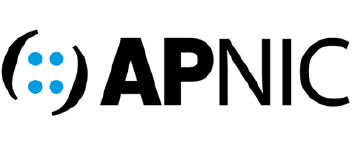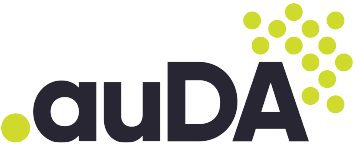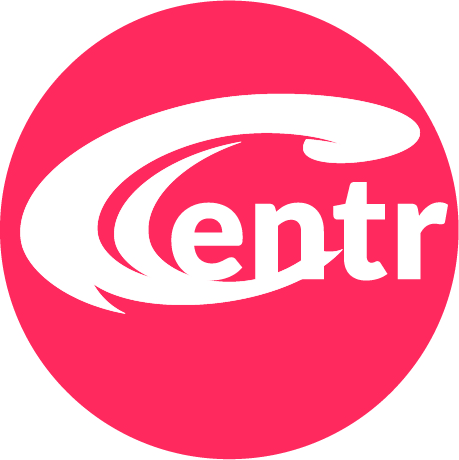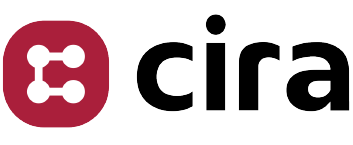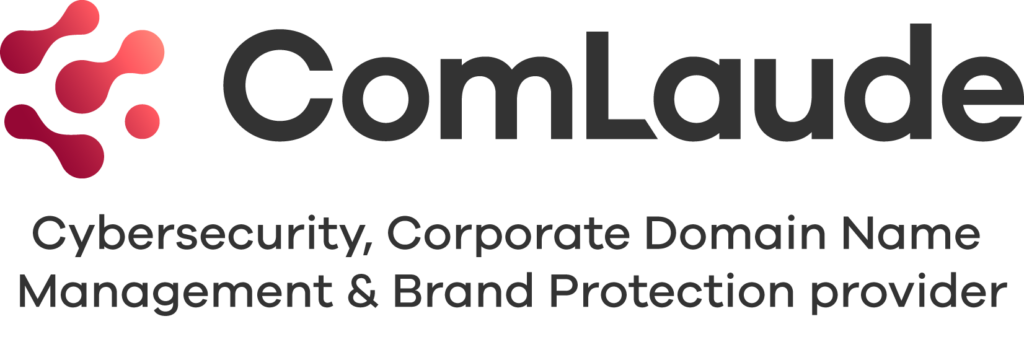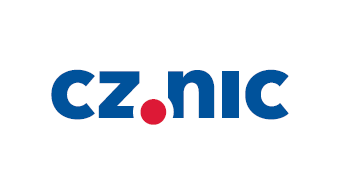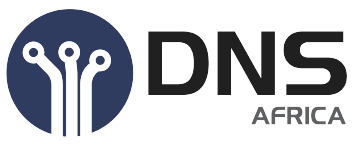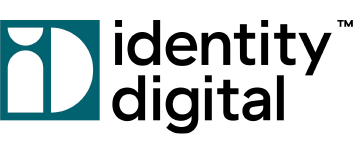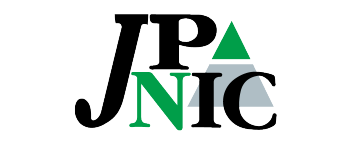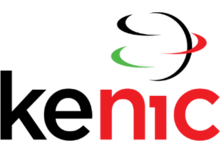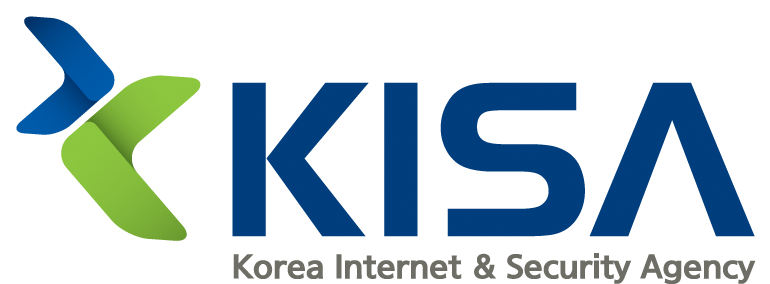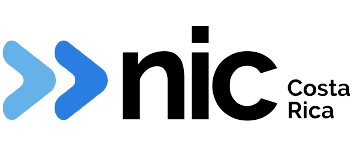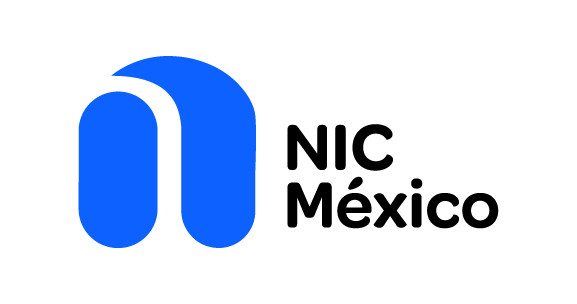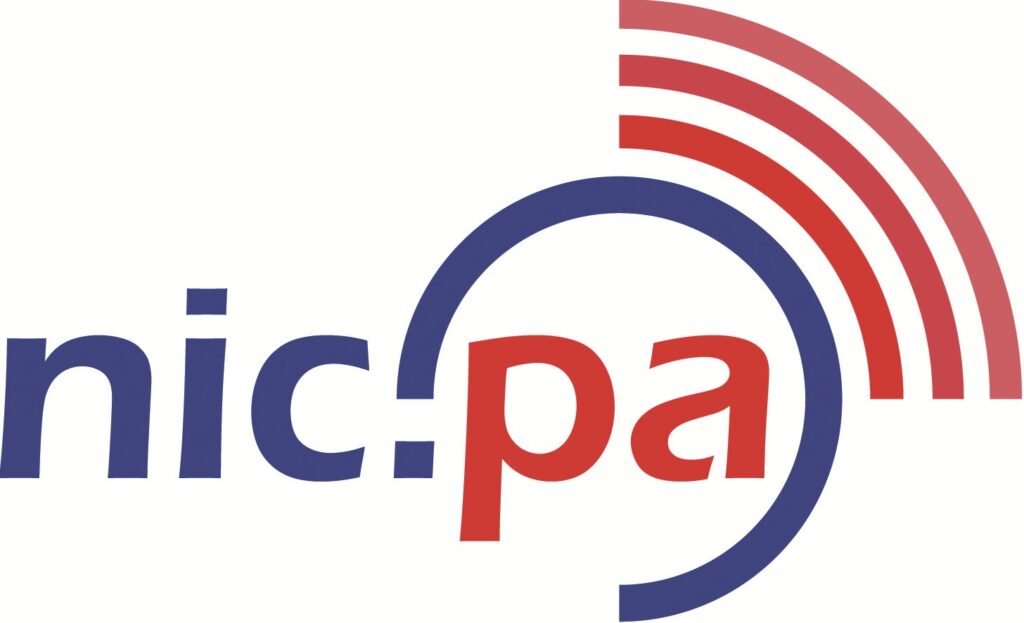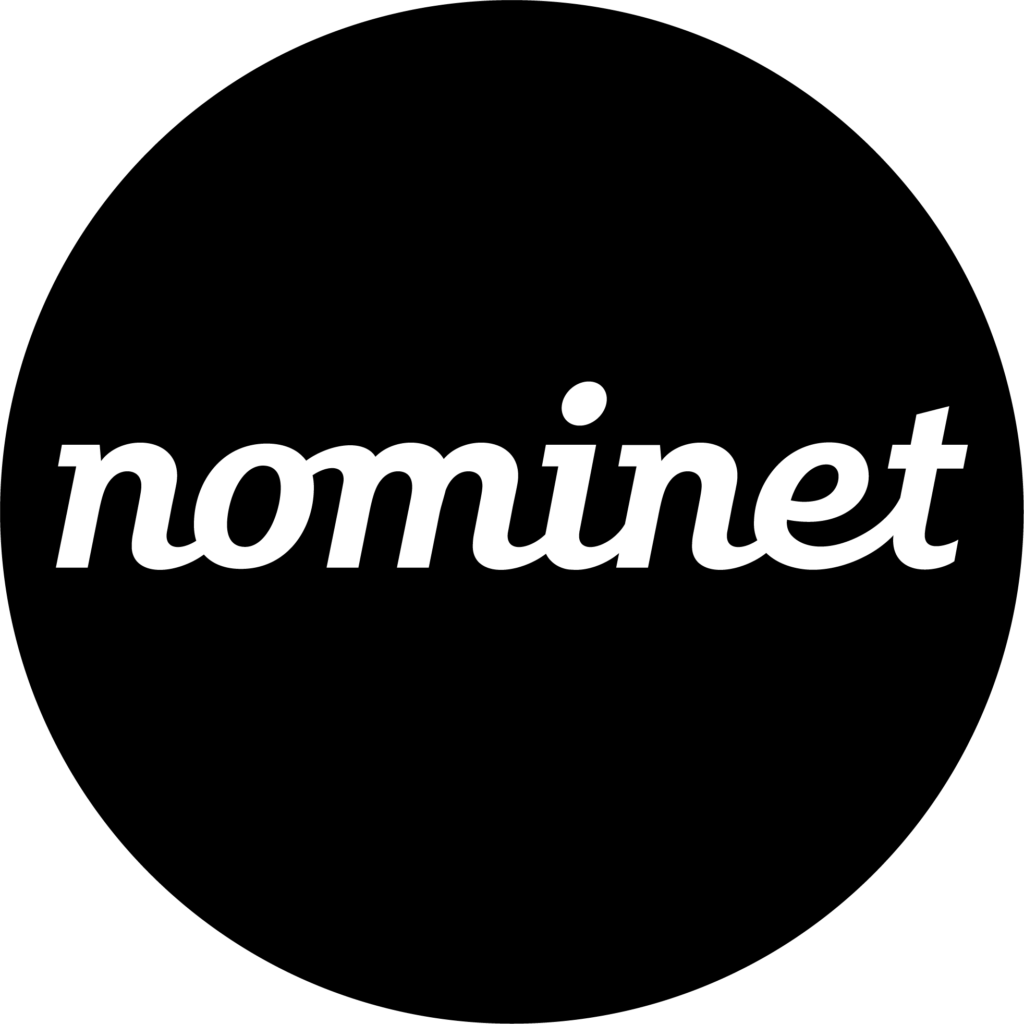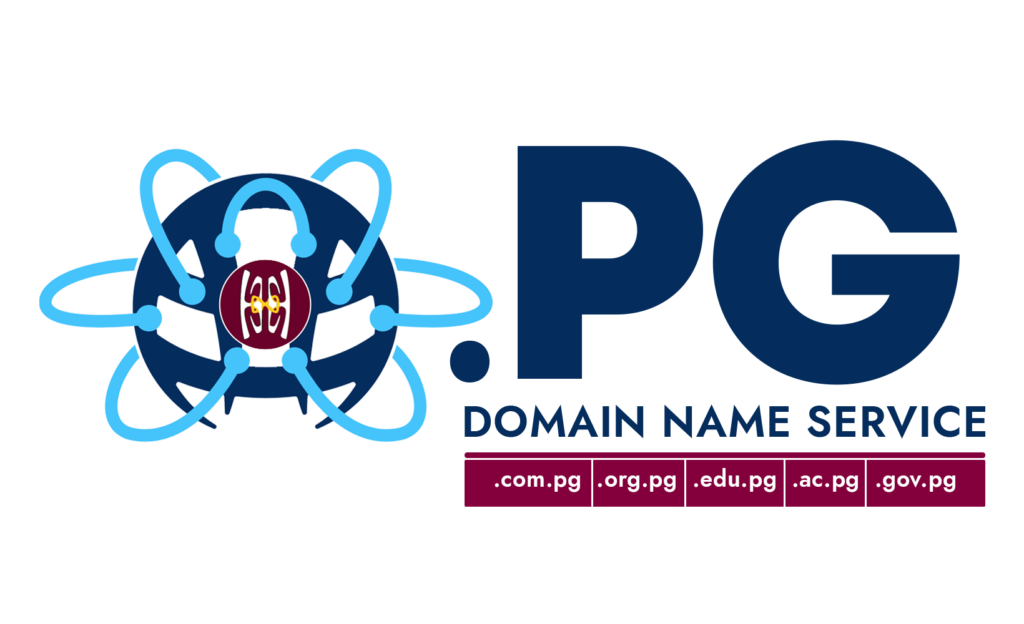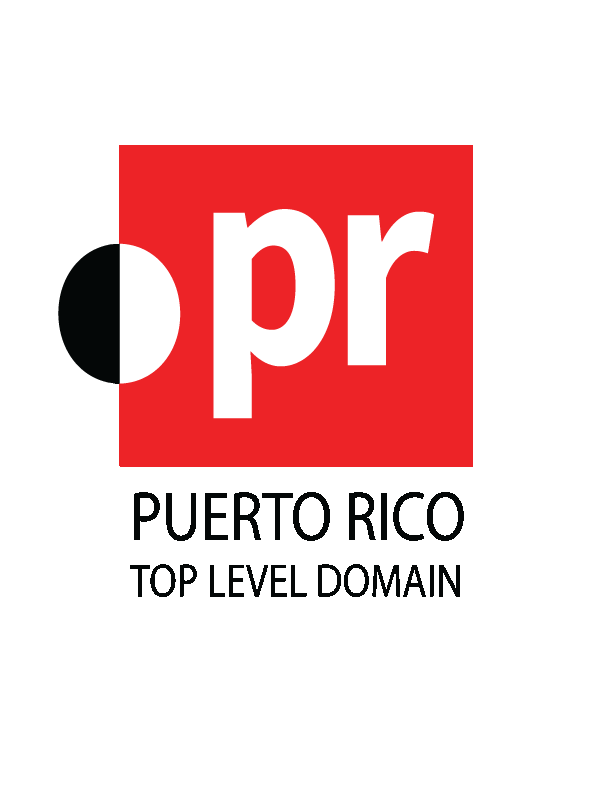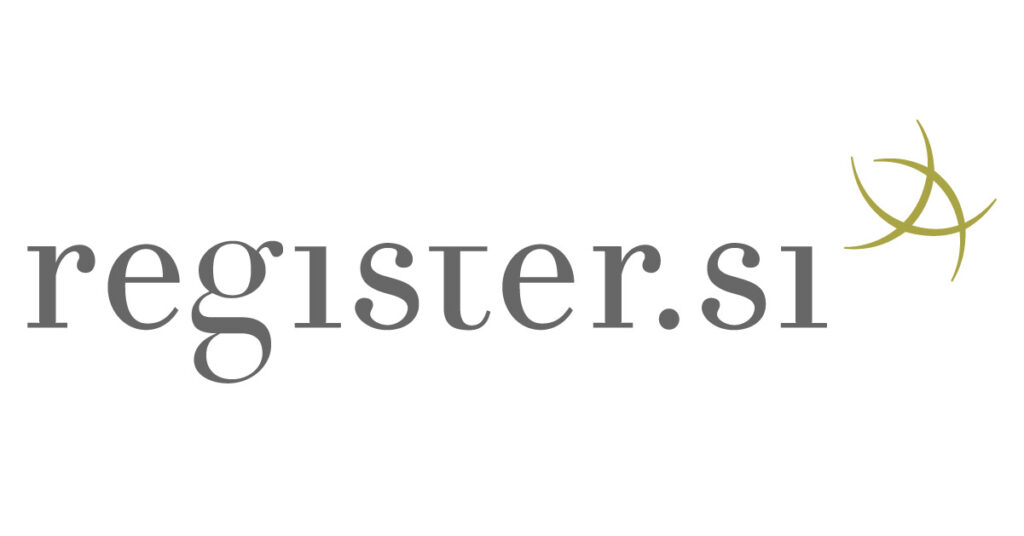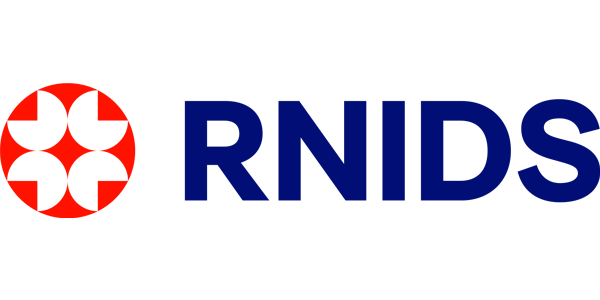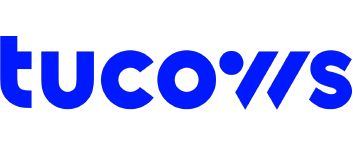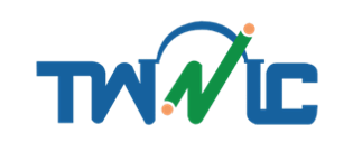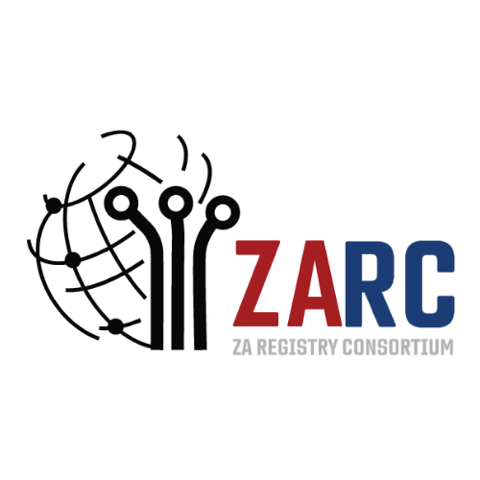Securing the future of multistakeholder Internet governance
Global Internet governance is at an inflection point
Two key dialogues led by the United Nations—the Global Digital Compact (GDC) and the World Summit on the Information Society (WSIS)+20 Review—could weaken multistakeholder Internet governance in favour of an increased role for governments.
Multistakeholder Internet governance involves all stakeholder groups—governments, civil society, academia, the private sector and the technical community—in decisions about how the operational aspects of the Internet are managed, on equal footing.
A Technical Community Coalition for Multistakeholderism
TCCM is a coalition of technical operators from across the globe advocating for an evolved and strengthened multistakeholder approach to Internet governance to keep the Internet open, free, global, secure, resilient and interoperable for all.
Statement of purpose
We are members of the Internet’s technical community; the companies, organizations, groups and actors whose day-to-day job is to operate the critical infrastructure and services at the heart of the Internet.
A driver of innovation, progress and development, the Internet touches all aspects of human life. This transformative technology is governed through collaboration across varied overlapping stakeholders and processes—and involves the participation of distinct stakeholder groups: governments, civil society, academia, the private sector and the technical community. This form of collaborative governance or dialogue is called multistakeholderism.
The technological success of the Internet—the reason it works seamlessly across the globe—is the direct result of this multistakeholder approach and its use in various fora and initiatives. This approach enables stakeholders to come together on an equal footing to discuss or make decisions about the Internet and to foster its ongoing evolution and expansion.
Although imperfect, the multistakeholder approach fosters a level of diversity, accountability and transparency that cannot be replicated in intergovernmental environments alone. It also ensures that decision-making about the Internet and its governance isn’t led by individual nation-based political interests.
However, the multistakeholder approach is under threat. In a period of critical decision-making at the United Nations taking place across 2024 and 2025, there are risks that:
- the technical community and other key stakeholder groups will be left out of—or have their voices weakened in—dialogues related to the future of the Internet and its governance.
- in the absence of all relevant stakeholders, new concepts that inadvertently destabilize the multistakeholder model may be introduced.
- the mandate of the annual Internet Governance Forum, a key and enduring space for multistakeholder dialogue about the Internet, is not renewed or the Forum is weakened by the introduction of better-resourced, intergovernmental initiatives.
Taken together, if such risks materialize, the multistakeholder model of Internet governance would be weakened and decisions about the Internet’s operations would increasingly be made in intergovernmental or multilateral settings.
We the undersigned are committed to defending, evolving and strengthening multistakeholderism in decision-making and dialogues about the Internet. It is imperative that the people who manage the Internet’s operations are involved—on equal terms as governments and other stakeholders—in discussions, deliberations and decisions about the Internet’s future and its governance.
An evolved and strengthened multistakeholder approach is the best path forward to ensure that the Internet remains open, free, global, secure, resilient and interoperable—available to all.


